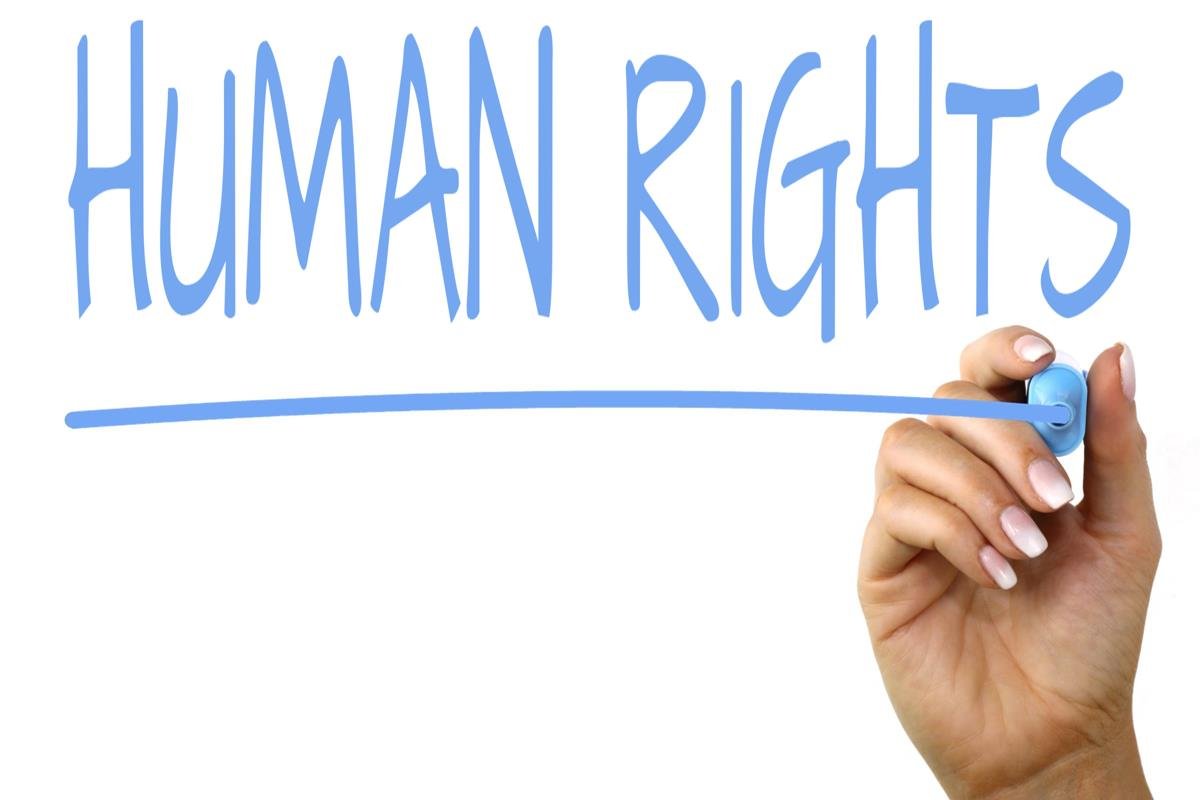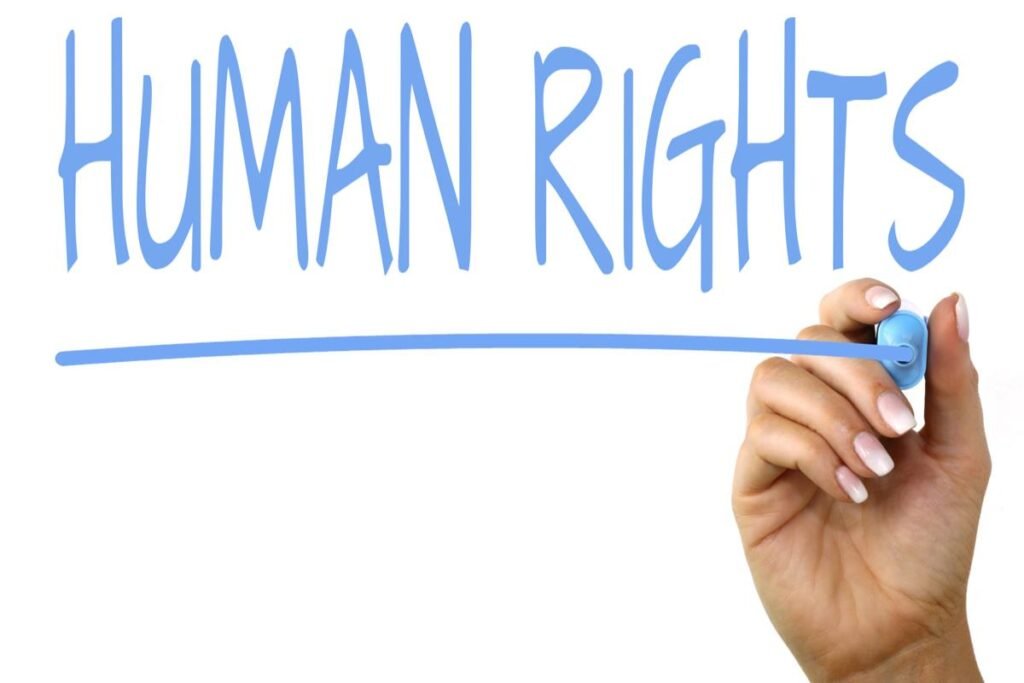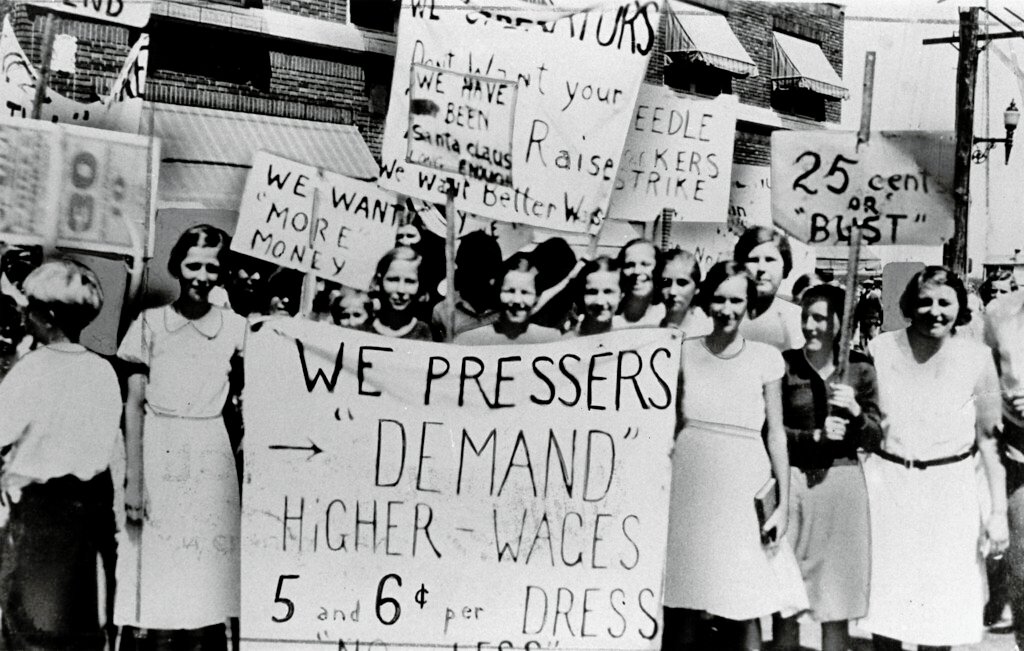

Human Rights Watch Global Report: Navigating the Complex Landscape of Human Rights Challenges
In its annual global report, Human Rights Watch (HRW) brings attention to the pervasive suppression and threats to people’s rights across the world. The report sheds light on the dynamic nature of human rights challenges faced in 2023 and emphasizes the need for a reevaluation of approaches in the year 2024.
Armed Conflicts and Double Standards: The report highlights the surge in armed conflicts globally, with specific reference to the Israel-Hamas war. HRW Executive Director Tirana Hassan emphasizes the crucial aspect of government responses to such conflicts and calls for an end to double standards. She cites an example of selective condemnation, where governments swiftly criticized Hamas’ actions but were less vocal about the alleged war crimes committed by the Israeli government.
Selective Outrage and its Implications: Hassan argues that selective outrage sends a perilous message, implying that some lives matter more than others. This selective approach, she contends, undermines the legitimacy of international rules safeguarding human rights. The report underscores the need for consistent condemnation of human rights violations, regardless of the identity or affiliation of the perpetrators.
Human Rights Tradeoffs for Political Expediency: The report discusses the tradeoffs made by governments in the name of political expediency. It criticizes the failure of many governments to speak out against the Chinese government’s repression and control over civil society, the internet, and media. HRW asserts that these actions amount to crimes against humanity, calling for global condemnation.
U.S. and EU’s Human Rights Obligations: The report does not spare traditional champions of human rights, criticizing the U.S. and the European Union for allegedly ignoring their obligations in favor of politically expedient solutions. It questions President Joe Biden’s approach to human rights abusers, especially those crucial to his domestic agenda, and highlights instances where the U.S. allies, such as Saudi Arabia, India, and Egypt, continue rights violations without facing significant consequences.
Bright Spots and Areas of Concern: HRW commends South Africa for seeking a ruling from the International Court of Justice on whether Israel is committing genocide in Gaza. The report acknowledges positive developments such as the International Criminal Court’s arrest warrants for Russian President Vladimir Putin, highlighting the global fight for justice.
National Leaders and Disturbing Trends: The report identifies several national leaders contributing to concerning trends. Examples include India’s slide toward autocracy under Prime Minister Narendra Modi, Tunisia’s President Kais Saied weakening the judiciary, and El Salvador’s President Nayib Bukele using mass detention as a solution to crime.
The HRW global report provides a comprehensive overview of human rights challenges faced in 2023, urging a reevaluation of strategies for the year 2024. It underscores the importance of consistent condemnation of human rights violations, regardless of political expediency, and calls for a renewed commitment to upholding international rules protecting human rights. The report recognizes positive developments while acknowledging areas of concern, emphasizing the ongoing global fight for justice and equality

